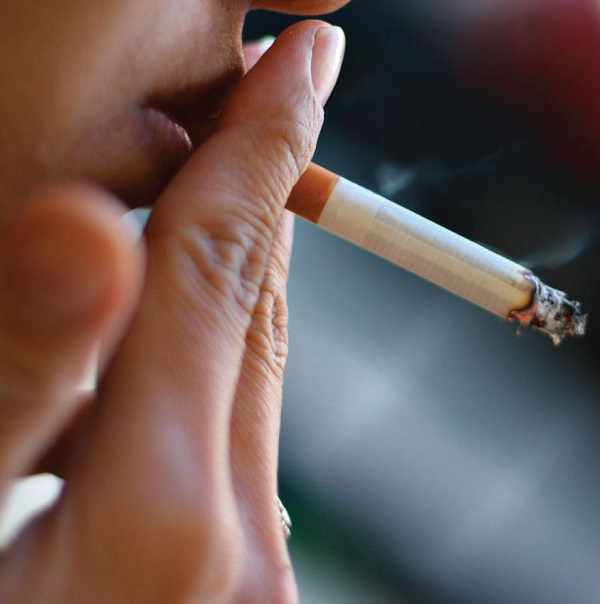
By Angalyse Keyock
Staff Writer
Habits that people tend to develop seem to always have a negative connotation.
There are habits that people can develop, which aren’t always bad.
Habits such as waking up at a certain time to go to the gym, or getting enough sleep, or even as miniscule as making the bed, are all positive habits which can develop over time.
To develop a habit, according to an article written by National Public Radio, begins with a process called a “habit loop.”
A habit loop is a three-part process, cue, or trigger, that tells the brain to go into automatic mode and let a behavior unfold. The third step is the “reward,” which remembers the habit loop in the future.
People have habits incorporated into their life which the probably unaware of.
Charles Duhigg, author of “The Power of Habit,” noted “In fact, the brain starts working less and less.”
Duhigg explains in this article that the brain is attracted to habits because it makes the brain works less and less.
Common habits college students develop are things such as coffee drinking, checking cell phones, snacking, excessive drinking, procrastination, and the list goes on.
Everyone begins certain habits based on their individual lives and lifestyles.
In an interview with Professor Lisa Baatz, who teaches the Promoting Lifetime Wellness course at East Stroudsburg University, she says the most common and developed habit among college students is coffee drinking/ caffeine consumption and addiction to technology and cell phones.
Baatz has been teaching in the health and education related field for 36 years.
She says she sees this first hand when teaching. “These habits are developed because of a focus on academics and a lot of multitasking between students.”
The struggle to be successful college students includes studying, writing an essay, having a social life, trying to stay involved on campus, and applying for internships; meanwhile balancing a job, and a personal life.
With a busy schedule it is easy to pick up a habit of constantly checking your phone or having more caffeine because you only got 5 hours of sleep the night before.
Some may even pick up the habit of cigarette smoking because of being stressed out.
Baatz explains that once someone develops a habit that are not helpful. They begin to diminish life.
“If you do not know how you make a good choice it becomes a habit for the rest of your life,” said Baatz.
In the Promoting Lifetime Wellness course, Baatz teaches she is familiar with. “Students may seem as common sense, but they didn’t know how to control these habits or make the right decisions.”
Things such as excessive alcohol consumption, skipping breakfast, and not getting enough sleep may not seem like a habit to develop, but they are all negative habits your body becomes adjusted to.
Many poor choices are made when students are stressed. Not prioritizing, and not being able to act on it, and making your own decisions and having your own value of self.
Developing the habits of snacking, excessive alcohol consumption, and smoking can all effect your quality and longevity of life.
Baatz hopes through the course students learn how to avoid getting an easy fix to stress that develops into a habit, by proactively thinking.
Senior Communications major, Lisa Davis, said in an email interview, “I can slack off with eating or drinking not the healthiest sometimes and the same with exercise, I can become lazy.”
She also said, “I stay healthy by eating and drinking well, finding time to exercise. Creating balance and realizing what your priorities are by thinking proactive and, knowing what could happen,” said Baatz.
This something that stressed out college students should always do before getting involved in something they are not sure about.
Students develop habits develop in their college years, these habits could remain habits for the rest of their life.
Davis explains she may slack off sometimes, but she continues to try to build healthy habits.
Students may experience things like insomnia, nervousness, restlessness, irritation, or more physical symptoms such as an upset stomach or headaches when they consume double the amount of caffeine, according to Mayo Link.
Cutting back on your morning cup of coffee, may be a good start to begin to break a habit.
When trying to start helpful habits such as making your bed or going to the gym every morning, or when drinking more than you probably should, think of the benefits of this habit and if how it will affect students in five or ten years from now.
Distinguishing between yes and no to this question will determine if it is something you should be doing.
Email Angalyse at:
akeyock@live.esu.edu

